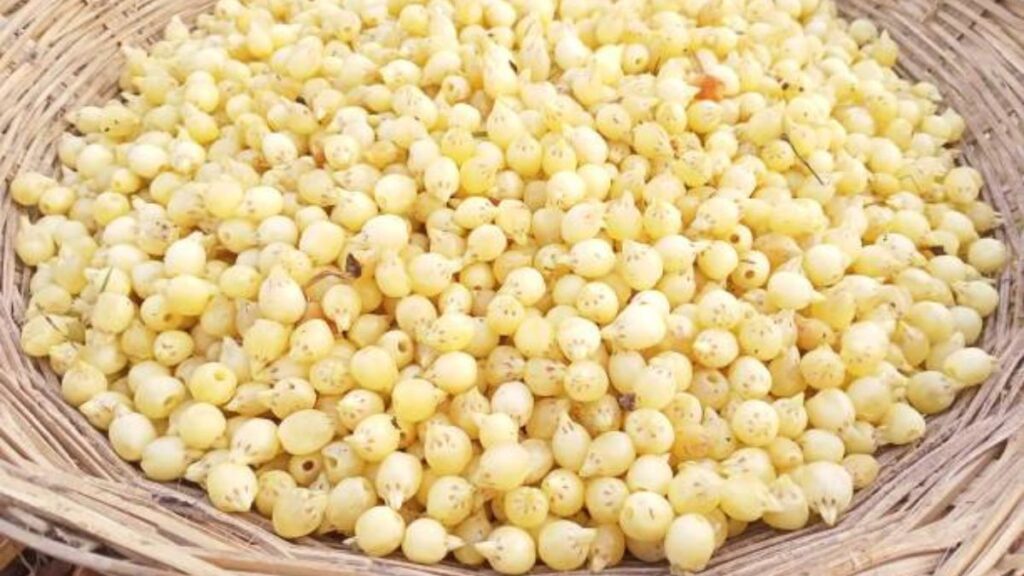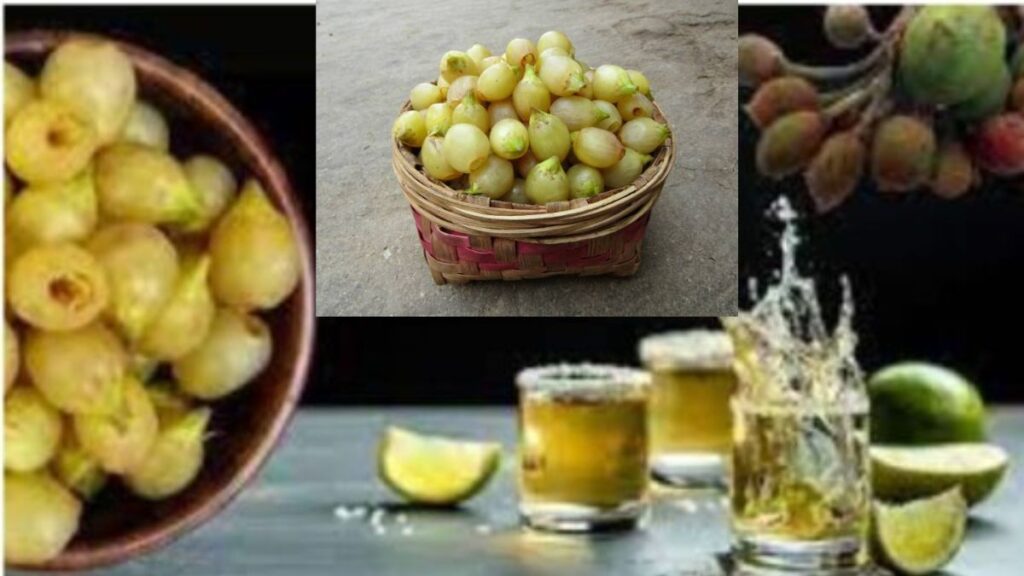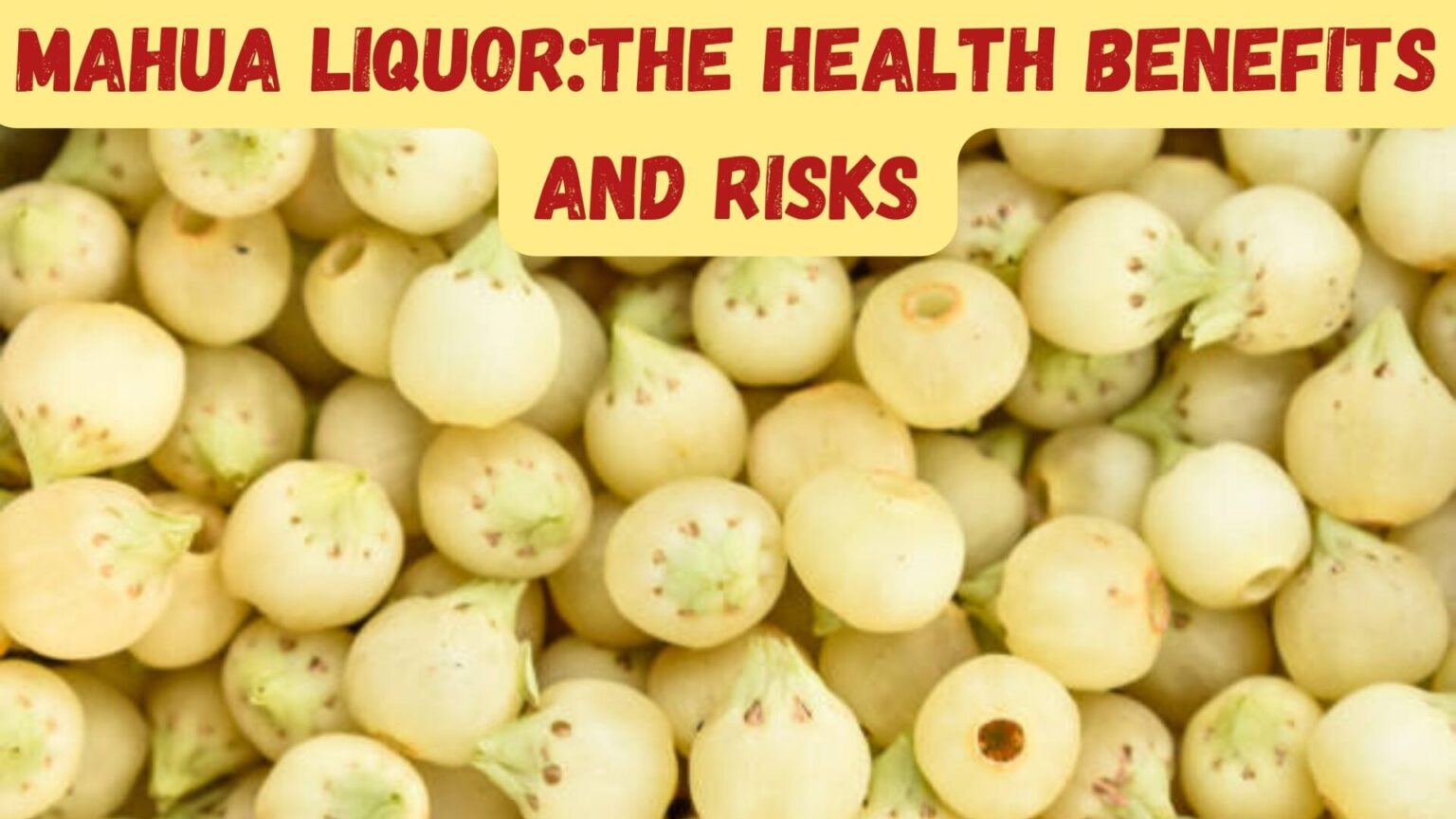Introduction:-
Mahua Liquor: Unveiling the Health Benefits and Risks

Embarking on a journey to understand the health implications of Mahua liquor opens the door to a fascinating exploration of both its positive and negative aspects. This traditional beverage, derived from the flowers of the Mahua tree, has been consumed for centuries. In this article, we delve into the health pros and cons associated with Mahua liquor, providing you with valuable insights to make informed decisions about its consumption.
1. The Health Benefits of Mahua Liquor
1.1. Rich in Antioxidants: Mahua liquor boasts a rich profile of antioxidants, which play a crucial role in combating oxidative stress within the body. These antioxidants contribute to overall health and may have anti-aging properties.
1.2. Potential Cardiovascular Benefits: Some studies suggest that moderate consumption of Mahua liquor may be linked to cardiovascular benefits, such as improved heart health and circulation. However, it’s essential to approach alcohol consumption with moderation.
1.3. Traditional Medicinal Uses: In certain cultures, Mahua liquor has been traditionally used for its purported medicinal properties. From aiding digestion to alleviating respiratory issues, the beverage has found its place in traditional remedies.
2: The Health Risks of Mahua Liquor
2.1. Alcohol-Related Health Concerns: Like any alcoholic beverage, Mahua liquor comes with inherent risks associated with alcohol consumption. These may include liver damage, addiction, and an increased risk of accidents if consumed irresponsibly.
2.2. Caloric Content: Mahua liquor, like other alcoholic drinks, contributes to overall caloric intake. Excessive consumption can lead to weight gain and associated health issues. It’s crucial to balance alcohol intake with a healthy diet and lifestyle.
2.3. Individual Sensitivity: Individual responses to alcohol can vary, and some people may be more sensitive to the effects of Mahua liquor. Factors such as age, health conditions, and medications can influence how the body processes alcohol.
Is wine made from Mahua better than English wine?
The comparison between wine made from Mahua and English wine involves several factors, and determining which is “better” can be subjective and dependent on individual preferences. Here are some key considerations:

- Flavor Profile:
- Mahua Wine: Mahua wine may have a unique flavor profile influenced by the Mahua tree flowers. It could offer floral, fruity, or herbal notes distinctive to the region where it’s produced.
- English Wine: English wine, depending on the grape varieties used and the region of cultivation, may have a different flavor profile. It can range from light and crisp to more full-bodied, with notes of orchard fruits or berries.
- Cultural and Regional Significance:
- Mahua Wine: Mahua wine may hold cultural significance in regions where the Mahua tree is abundant. It could be an integral part of local traditions and celebrations.
- English Wine: English wine is produced in various regions across the country, and each region may have its unique winemaking traditions and characteristics.
- Production Techniques:
- Mahua Wine: The production techniques for Mahua wine can vary, and traditional methods may be employed. It’s essential to consider the craftsmanship and expertise involved in its production.
- English Wine: English wine producers often use modern winemaking techniques, and the industry has gained recognition for its quality and innovation.
- Availability and Accessibility:
- Mahua Wine: Mahua wine may be more regionally specific and might be less widely available outside certain areas.
- English Wine: English wine, particularly from established vineyards, may have broader distribution, making it more accessible in various markets.
- Personal Preferences:
- Taste: The preference for Mahua wine or English wine ultimately depends on individual taste preferences.
- Occasion: The choice between the two may also depend on the context, such as the type of meal, celebration, or personal mood.
Ultimately, whether Mahua wine is “better” than English wine is subjective and varies from person to person. It’s recommended to explore and appreciate both types of wines to determine which aligns better with your taste preferences and the context in which you’re enjoying the wine.
Does Mahua liquor cause more harm to health than other liquors?
The impact of Mahua liquor on health compared to other liquors is not definitively established, and it can vary depending on several factors. It’s essential to note that excessive or irresponsible consumption of any alcoholic beverage can have negative health effects. Here are some considerations regarding Mahua liquor and its potential health impact:

- Alcohol Content:
- The primary factor influencing the health impact of any liquor is its alcohol content. Mahua liquor, like other alcoholic beverages, contains ethanol, which can have both short-term and long-term health effects.
- Moderation is Key:
- Moderate alcohol consumption is generally considered acceptable for some individuals. However, excessive and frequent drinking can lead to a range of health issues, including liver damage, cardiovascular problems, and an increased risk of accidents.
- Individual Sensitivity:
- People vary in their sensitivity to alcohol, and factors such as age, weight, overall health, and genetic predisposition can influence how the body processes alcohol. Some individuals may be more sensitive to the effects of Mahua liquor or other types of alcohol.
- Traditional Use:
- In certain cultures, Mahua liquor has been used traditionally for its purported medicinal properties. However, the health benefits and risks associated with traditional uses may not be well-established or supported by scientific evidence.
- Comparison with Other Liquors:
- Comparing the health impact of Mahua liquor to other liquors requires specific information about the alcohol content, production methods, and additives used in each type. Without this information, making a direct comparison is challenging.
It’s crucial to approach alcohol consumption responsibly and be aware of individual health conditions and limits. If you have concerns about the health impact of Mahua liquor or any other alcoholic beverage, it is advisable to consult with healthcare professionals who can provide personalized advice based on your health history and circumstances.
In summary, while Mahua liquor may have cultural significance and traditional uses, determining whether it causes more harm to health than other liquors requires a comprehensive understanding of its alcohol content, production methods, and individual health factors. Moderation and informed decision-making are key principles when it comes to alcohol consumption.
Conclusion:
In conclusion, Mahua liquor presents a nuanced picture when it comes to its impact on health. While it offers potential antioxidant benefits and has been part of traditional medicine, it’s crucial to be aware of the associated risks of alcohol consumption. Moderation and mindfulness are key when considering Mahua liquor as part of your lifestyle. As with any dietary choice, consulting with healthcare professionals is recommended to ensure a personalized and informed approach to your well-being.






